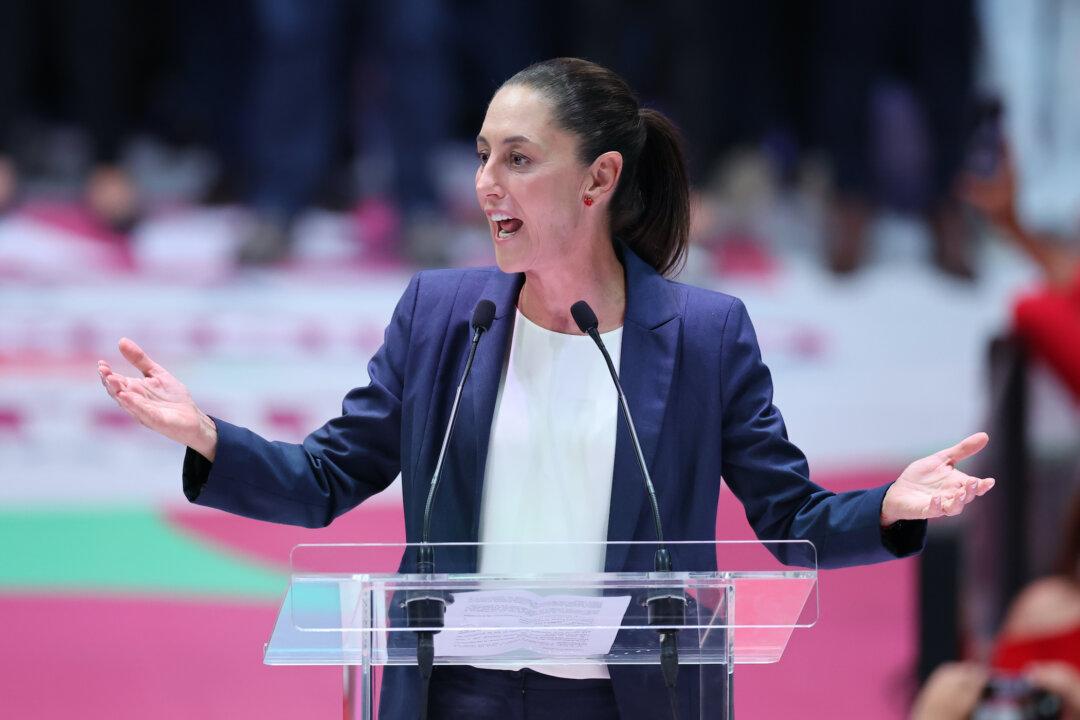Commentary
I have a saying: If you listen to people long enough, they’ll tell you what’s really going on. If you want to know what’s going on in California, read the entire interview state Sen. Lena Gonzalez (D-Long Beach) gave to Capital and Main, a left-wing publication. Also note the website didn’t bring up the topics I will here.





